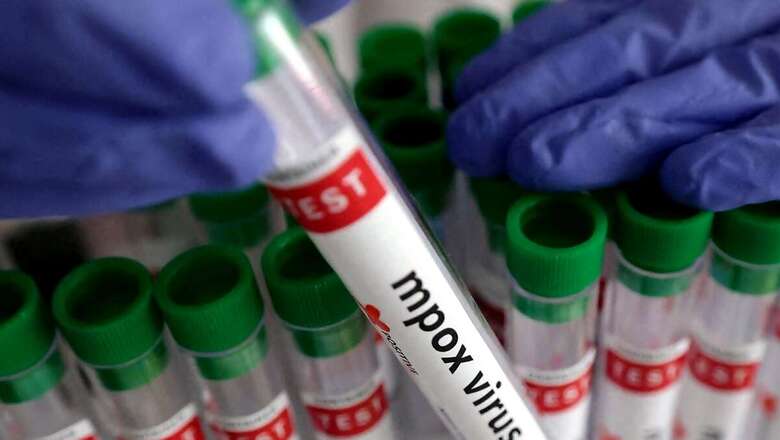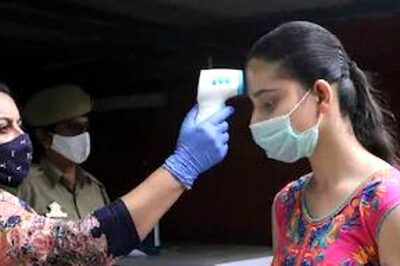
views
In today’s health landscape, being informed and proactive is key to protecting your family from health threats like Dengue and Mpox. Both of these diseases, while distinct in transmission and symptoms, can be prevented through simple yet effective strategies. The expert insights of Dr Chhavi Gupta, Senior Consultant of Infectious Disease, Yashoda Super Speciality Hospital, Kaushambi, and Dr Seema Dhir, Senior Consultant, Internal Medicine, Artemis Hospitals, provide crucial guidance on how to reduce risks and promote a healthier environment.
Protecting Against Mpox: Vaccination and Precautionary Measures
Mpox, previously known as monkeypox, is a viral infection that can spread through close contact with infected individuals or animals. Dr. Chhavi Gupta emphasizes the importance of vaccination as the best form of protection against the virus. “One must get both doses of the Jynneos vaccine, administered four weeks apart. If you’ve already received the first dose, get the second as soon as possible,” she advises.
In addition to vaccination, Dr. Gupta highlights other essential preventive measures: “Avoid close contact with individuals displaying skin lesions or rashes that resemble Mpox, as well as animals that might be infected. Events or parties where minimal clothing and personal contact are common can be risky, so remain alert.”
Dr. Seema Dhir adds to this by stressing the importance of hygiene. “Frequent handwashing with soap and water is crucial, especially after coming into contact with potentially contaminated surfaces or individuals. Avoid sharing personal items and keep cuts or abrasions clean and covered to minimize exposure.”
Defending Against Dengue: Eliminate Mosquito Breeding Grounds
Dengue fever is a mosquito-borne illness transmitted by Aedes mosquitoes, commonly found in tropical and subtropical regions. Both experts stress that eliminating mosquito breeding sites around your home is one of the most effective ways to prevent Dengue.
“Stagnant water serves as breeding grounds for mosquitoes,” says Dr. Gupta. “Make sure there is no water accumulation around your home. Using mosquito repellents and wearing long-sleeved clothing can further protect you from mosquito bites.”
Dr. Dhir echoes this advice, adding, “Regularly empty and cover water containers, and install window screens and mosquito nets for additional protection. Children, in particular, are at higher risk and should be safeguarded with nets or protective measures.”
Holistic Hygiene and Preparedness
Both experts stress the need for a holistic approach to health and hygiene. Dr. Dhir points out that maintaining overall cleanliness and ensuring up-to-date vaccinations are essential steps. “It’s important to be aware of local health advisories and recommendations from healthcare organizations, as emerging threats may require additional preventive measures,” she explains.
Dr. Gupta also underscores the importance of hand hygiene. “Use soap or alcohol-based sanitizers frequently, especially before meals or touching your face,” she advises.
A Proactive Mindset
Beyond taking preventive measures, fostering a proactive approach toward family health is vital. “Preparedness and prevention are key to keeping your family safe from diseases like Dengue and Mpox,” says Dr. Dhir. “Stay informed, seek timely medical care when symptoms arise, and encourage a healthy lifestyle.”
By following these expert recommendations, families can better navigate the health challenges posed by Dengue, Mpox, and other emerging diseases. Prevention, awareness, and early action remain the cornerstones of safeguarding your family’s health.




















Comments
0 comment